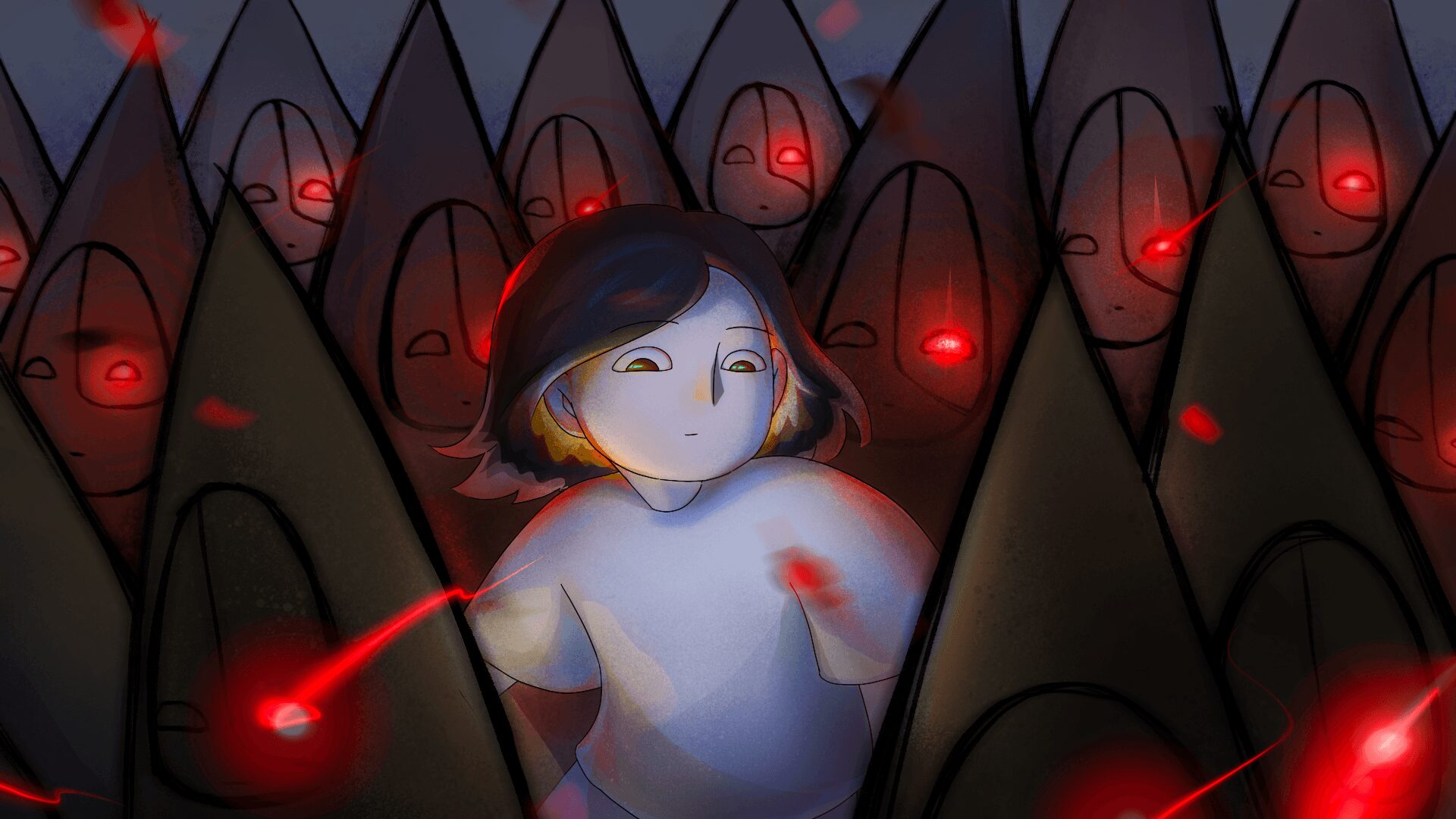We’re excited to introduce you to the always interesting and insightful Yimeng Wang. We hope you’ll enjoy our conversation with Yimeng below.
Yimeng, appreciate you making time for us and sharing your wisdom with the community. So many of us go through similar pain points throughout our journeys and so hearing about how others overcame obstacles can be helpful. One of those struggles is keeping creativity alive despite all the stresses, challenges and problems we might be dealing with. How do you keep your creativity alive?
I live by the principle of continuously learning, working, and experiencing life to keep my creativity alive.
Learning exposes me to new ideas, technologies, and industry trends, keeping my perspective fresh and adaptable. Working, whether on personal projects or client work, ensures I stay actively engaged with the creative process. It allows me to receive feedback, analyze it, and refine my work. Collaborations are especially valuable for me—I get to meet with different artists, learn from their work ethic, and hear their insights, gaining knowledge beyond just the art itself. Interaction helps me stay open and prevents creative stagnation.
Beyond work, I also prioritize experiencing life. Creativity doesn’t just come from staying within the industry bubble—it thrives on personal moments, emotions, and observations. Taking time to explore the world, reflect on my own experiences, and record my thoughts often leads to the most meaningful creative inspiration. Balancing learning, working, and experiencing, that’s the key to me maintaining my creativity dynamic and ever-evolving.


Great, so let’s take a few minutes and cover your story. What should folks know about you and what you do?
I’m an animation artist based in New York, currently studying animation at NYU. I’ve worked on a variety of projects, from indie short films to industry-level productions.
What really drives me is the process of visual storytelling—finding ways to convey emotions and narratives through movement, composition, and timing. Hands-on production experience has helped me better understand how to express stories on the big screen. I highly recommend that every beginner explore different roles while learning—from producing to animating—because these experiences have given me a deep understanding of both the creative and technical sides of animation.
Growing up in China, I’m deeply rooted in East Asian aesthetics and narratives, which have influenced how I approach storytelling in my work. Right now, I’m especially interested in how animation can blend rhythm, emotion, and atmosphere to create immersive experiences with cultured narrative. I love collaborating with other artists, learning from different perspectives, and pushing my own creative limits. And I’m always excited to connect with more artists and creative minds.
Currently, I’m producing my short film AfterLife, which explores the experience of being overwhelmed by modern life’s relentless flow of information and technology, and the moments of stillness and childhood memories lingers within us. We are now in post-production and, hopefully, it will begin its festival run in the second half of the year.


Looking back, what do you think were the three qualities, skills, or areas of knowledge that were most impactful in your journey? What advice do you have for folks who are early in their journey in terms of how they can best develop or improve on these?
Looking back, the three qualities that had the most impact on my journey were a passion for storytelling, adaptability, and strategic thinking. My passion for storytelling led me to consider how to tell a compelling story, breaking down my own experiences and emotions to craft narratives that resonate emotionally—whether through animation, storyboarding, or live-action filmmaking. It helped me look beyond technical execution and focus on the heart of a story while making creative works.
Adaptability allowed me to take on diverse roles—animator, producer, marketer—broadening my understanding of different creative and production processes and seizing opportunities as they came.
Strategic thinking helped me define my long-term goals, enabling me to make career choices with a clear direction. At the same time, having this sense of purpose gave me resilience, keeping me pushing forward even when facing short-term setbacks—whether it was stepping out of my comfort zone, balancing multiple projects, or overcoming creative and logistical challenges.
For those starting their journey, my advice is to nurture your passion by exploring and creating as much as possible—observe what you are excited about and your authenticity to the work. Develop adaptivity by learning different skills and tools, keep challenging yourself by walking out of your comfort zone, and don’t hesitate when the opportunity comes to you. Lastly, build strategic thinking with critical thinking and self-reflection – think about the balance between artistic passion and professional sustainability, setting a clear short-term and long-term goal.


If you knew you only had a decade of life left, how would you spend that decade?
Since I’m in the final phase of production of my film, I’ve found myself easily swayed by others’ feedback, which sometimes makes my creative vision feel blurry. It’s inevitable that certain elements of the film didn’t turn out exactly as I originally envisioned, but the real challenge is figuring out how to adapt or revise it. The original idea has been with me for so long that it’s difficult to judge the differences objectively.
I’ve sought advice from many experienced artists, and without exception, they all emphasized the importance of building a creative cohort—trusted friends and collaborators who can review my work with an honest yet understanding perspective. Lately, I’ve truly come to understand and appreciate this. When I share creative values and artistic sensibilities with my friends, they not only remind me of my original intentions but also help me reconnect with the core emotions and ideas that first inspired the project. I feel really lucky to have them.
Contact Info:
- Website: https://yimengthea.wixstudio.com/storyboard
- Instagram: @thea_anima
- Linkedin: https://www.linkedin.com/in/yimeng-wang-30b70624b/


Image Credits
The images credits all belongs to me (Yimeng Wang)
so if you or someone you know deserves recognition please let us know here.




